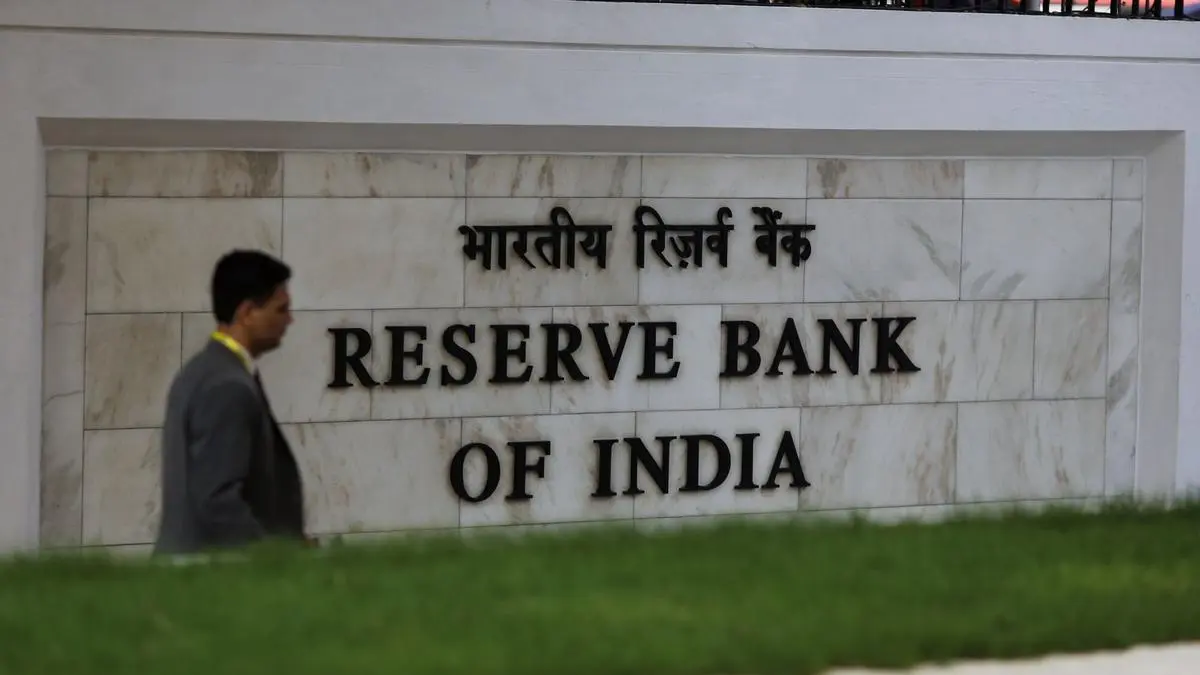FCA Urges Caution on Car Finance Compensation: Protecting the Market is Key

The Financial Conduct Authority (FCA) has issued a stark warning regarding the burgeoning wave of car finance compensation claims, drawing parallels to the Payment Protection Insurance (PPI) scandal. While acknowledging the need for redress for consumers who may have been mis-sold car finance deals, the FCA is adamant that payouts must not destabilize the motor finance industry and lead to widespread corporate failures.
A Growing Crisis: The Car Finance Commission Scandal
The recent revelations surrounding undisclosed commissions paid to car dealerships by lenders has triggered a flood of compensation claims. These commissions, often hidden from consumers, potentially influenced the pricing and terms of finance agreements, leading to accusations of mis-selling. The scale of potential claims is staggering, with estimates suggesting payouts could reach tens of billions of pounds, significantly impacting the financial health of lenders and dealerships.
FCA's Concerns: Avoiding a Market Collapse
The FCA's primary concern is preventing a domino effect within the motor finance sector. The regulator fears that excessive compensation payouts, without careful management and consideration for the industry's overall stability, could lead to bankruptcies among lenders and dealerships, ultimately harming consumers and the broader economy. This echoes the lessons learned from the PPI scandal, where a poorly managed compensation scheme caused significant disruption to the financial services landscape.
Balancing Consumer Redress and Market Stability
The FCA recognizes the legitimate claims of consumers who believe they were unfairly treated. However, it emphasizes the need for a balanced approach that ensures fair compensation while safeguarding the viability of the motor finance market. This includes exploring options such as:
- Collective Redress Schemes: Facilitating group claims to streamline the process and potentially reduce costs.
- Partial Compensation: Considering a tiered approach to compensation, taking into account the degree of mis-selling and the impact on the consumer.
- Industry-Wide Solutions: Encouraging lenders and dealerships to collaborate on solutions that address the root causes of the scandal and prevent future mis-selling.
Impact on Consumers and the Automotive Industry
The FCA’s stance is likely to be met with mixed reactions. While consumer groups will likely push for maximum compensation, lenders and dealerships will welcome the regulator’s focus on market stability. The outcome of this situation will have far-reaching consequences for both consumers and the automotive industry. Consumers seeking compensation should be prepared for a potentially lengthy and complex process, while businesses in the motor finance sector need to proactively assess their exposure and prepare for potential liabilities.
Looking Ahead: A Call for Transparency and Reform
The car finance commission scandal serves as a stark reminder of the importance of transparency and ethical practices within the financial services industry. The FCA’s intervention highlights the need for robust regulatory oversight and a culture of accountability to protect consumers and maintain the integrity of the market. Moving forward, increased scrutiny of commission structures and greater transparency in finance agreements will be crucial to preventing similar scandals from occurring in the future.






